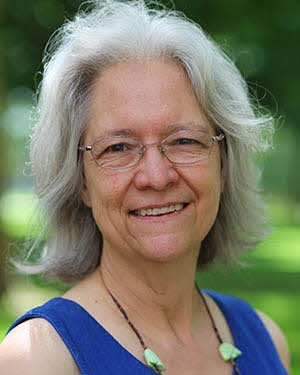
God’s promise to the 100-year-old Abraham, to make him exceedingly fruitful, came as a surprise—even more so since his 90-year-old wife was to be his partner in fruitfulness.
A promise for fruitfulness can sound equally implausible in Northern Indiana at the end of February. Just when you’ve had it with snow gusts and sub-zero windchill, the Lenten season arrives—and you face another six weeks of winter, accompanied by a call to renunciation.
Yet somewhere under all that snow, the seeds of summer wildflowers are preparing with a deep chill to bloom in the spring. And somewhere, in another climate zone, oranges are ripening. A chosen Lenten practice can create space for listening to God’s presence in our lives—if we can only trust the promise enough to pause in our daily routine to connect with God’s abundance.
The other night I was driving through snow, hearing the wind whistling around my car, to pick up pizza for the editorial board of Red Cents, the literary arts magazine published by the English Department. I was thinking about the paradox of fruitfulness in winter. And then I discovered it in the situation itself. My students were giving freely of their dinner time to harvest the abundance of student creativity. When I arrived at Newcomer Center—a long, cold walk away from their cozy dorm rooms—with the warm pizza, the students were gathered in a circle, each reading a selection of other students’ writing, giving it their full attention.
Each of the writers had paused in their daily lives to channel a creative impulse. Each of the readers had paused to connect with the writing that impulse produced. If we pause to experience the presence of God in our lives, we can connect with the source of fruitfulness in any season.




